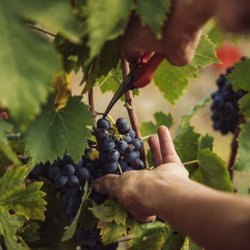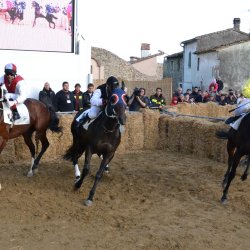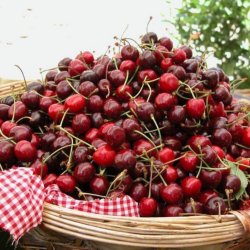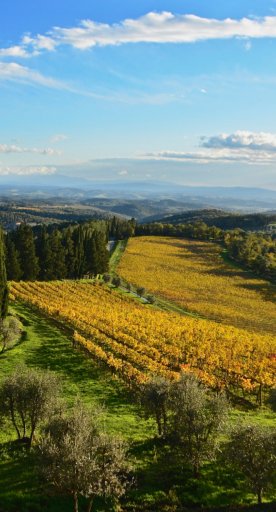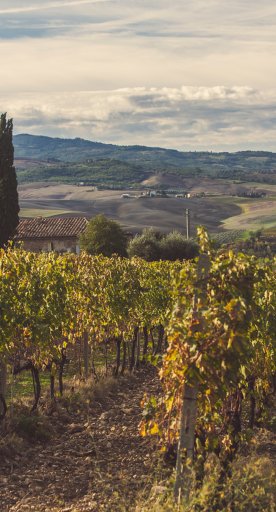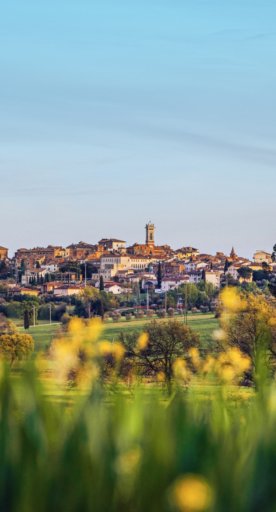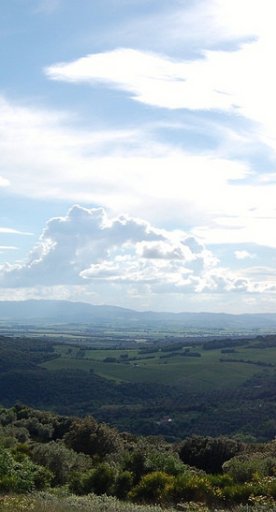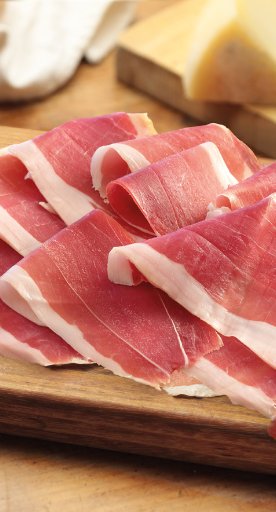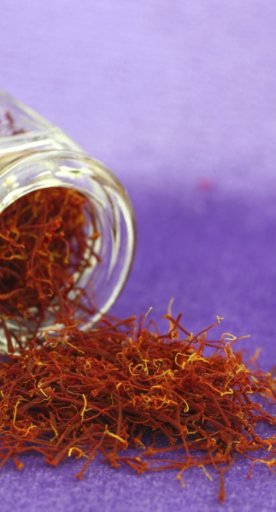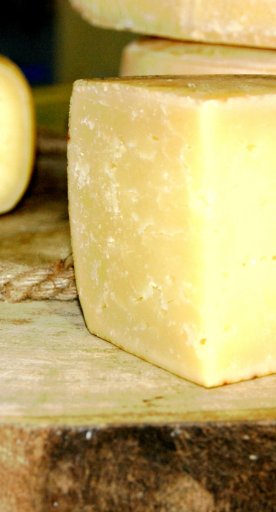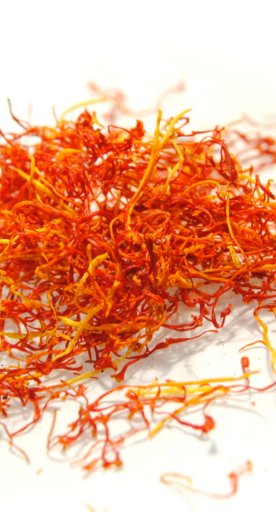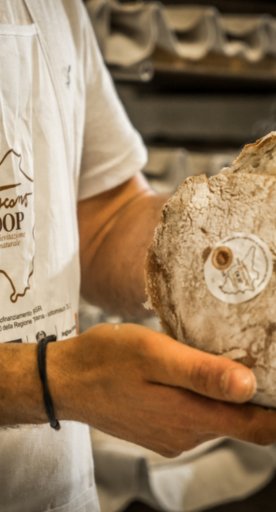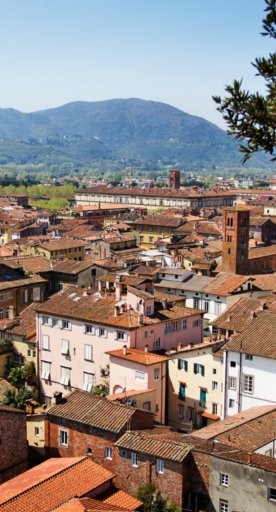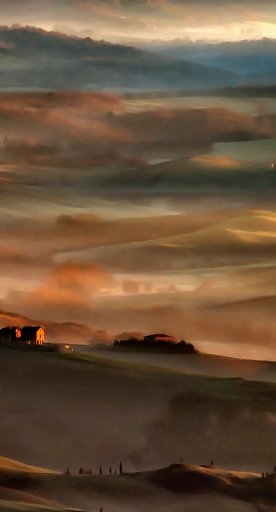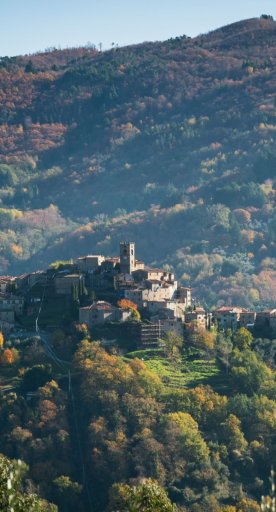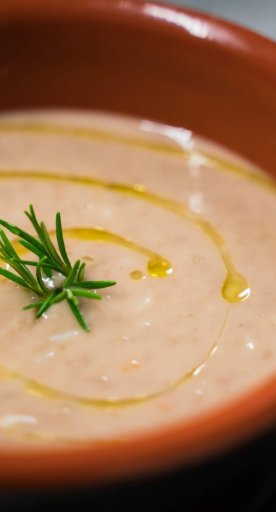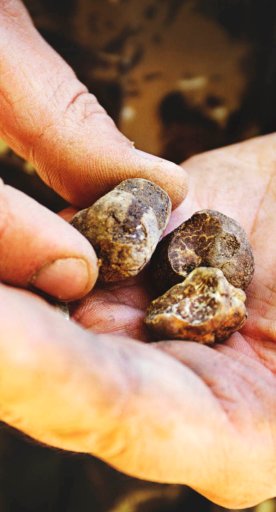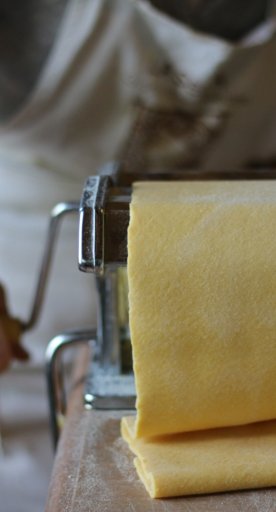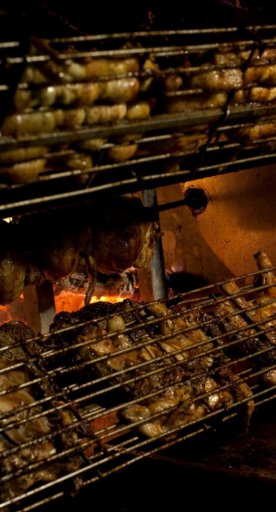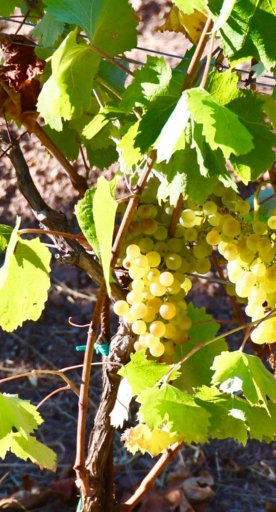
Top 10 special Tuscan desserts
Enjoy these Tuscan specialties and forget about calories for a while
A tasty tour through the sweetest dishes of Tuscany, to discover the traditional desserts of each area.
And if you want to bring a little Tuscan treat to the table, click on the links to get the recipes!
-
1.Buccellato
-
2.Torta di Riso
-
3.Torta co' Bischeri
-
4.Schiaccia Briaca
-
5.Schiacciata alla Fiorentina
-
6.Brigidini di Lamporecchio
-
7.Pesche di Prato
-
8.Panina
-
9.Sfratto di Piigliano
Buccellato

The Buccellato of Lucca is the cake of this city. It is simple but very tasty, dark brown coloured and shiny for the brushing of sugar and eggs on its surface. It can have the shape of a donut or it can be oval. Buccelato is made of a sweet and soft pastry, with a lot of raisins and aniseed. It is sold fresh daily.
Torta di Riso

This a cake made with eggs, rice, milk and liquor, called Torta di Riso (rice cake), is traditional of the area of Massa. The finished product is a circular or rectangular cake, depending on the baking sheet, composed by a layer of rice as base and a layer of a cream-type pudding. The surface has a caramel-brown colour, inside it is creamy yellow, and the smell is delicate and pleasantly flavoured.
Torta co' Bischeri

The "bischeri" of the cake have different meanings, but for sure are referred to the “pricks” obtained by shaping the pastry around the edges, forming a circle of cones. The base of the cake is a pastry-like and the filling is prepared with rice, cocoa, chocolate, eggs, sugar, pine nuts from the Pisa area, candies, raisins and enriched with some spices, such as nutmeg and “Strega” liqueur. The Torta co’ Bischeri is originally from Pontasserchio, near Pisa, and it was first made around the beginning of the sixteenth century as an offering to the pilgrims who visited the town on April 28, on the occasion of the feast of SS. Crucifix of Miracles.
Schiaccia Briaca

Schiaccia Briaca is a kind of sweet flat bread topped with pine nuts, raisins and dried fruit, with an oriental flavour. I'ts a traditional dessert of the Elba island and the local Aleatico wine, an indispensable component of the current version, is actually a 19th-century addition. A little of the liqueur Alkermes may also be used to deepen the red colour of this bread.
Schiacciata alla Fiorentina

Schiacciata alla Fiorentina is a delicious spongy cake widely popular and consumed during Carnival. It is covered with icing sugar and with the symbol of Florence, the “Giglio” (lily), in cocoa. You can find it plain or filled with whipped cream, chocolate, cream and jam. It's great eaten warm.
Brigidini di Lamporecchio

Brigidini of Lamporecchio are thin, crispy and fragrant waffles, rounded and curled, gold-orange in colour, with a diameter of about 7 cm. They are made with eggs, sugar, anise or fennel seeds, and very little water and flour. They are traditionally sold in the streets during fairs and festivals, cooked directly by vendors with the help of a special machine, before being packed in transparent, long and narrow bags.
Pesche di Prato

Pesche di Prato are rounded brioches soaked in alkermes liqueur and paired with custard, then covered with sugar, resembling the shape and skin of natural peaches. It’s said they were first made at the end of March 1861, during a huge dinner party in Prato’s Piazza del Duomo celebrating Italian unification.
Panina
Panina is one of the traditional cakes of Arezzo. There are two versions: one that is called “unta” (greasy) and is enriched with Tuscan bacon; the second one, called “gialla” (yellow), it's slightly sweet and contains raisins and saffron, which gives the classic mixture a golden hue. If you want to feel like a local, you should eat a slice of hard-boiled egg with Panina (blessed by the priest for the believers) and slices of salami.
Sfratto di Piigliano

The Sfratto (meaning “eviction” in English) is a sweet long baton-shaped biscuit of Jewish tradition, adopted by the cuisine of the Maremma area, in particular in Pitigliano and Sorano. The origin of the Sfratto is related to the decision of Cosimo II Medici, in the early 1600s, to bring together all the Jews of Pitigliano in a single neighbourhood. The Jews were then evicted from their homes and the notice of eviction was carried out by beating with a stick on the door of the house. To prevent the recurrence of similar events, local Jews turned into sweetness the memory of something so bitter, creating this dessert in the form of sticks. The mixture, consisting of honey, orange peel, nuts, seeds of anise and nutmeg, is enclosed in a thin wafer, with a golden colour.
The original version of this article was written by Serena Puosi.
